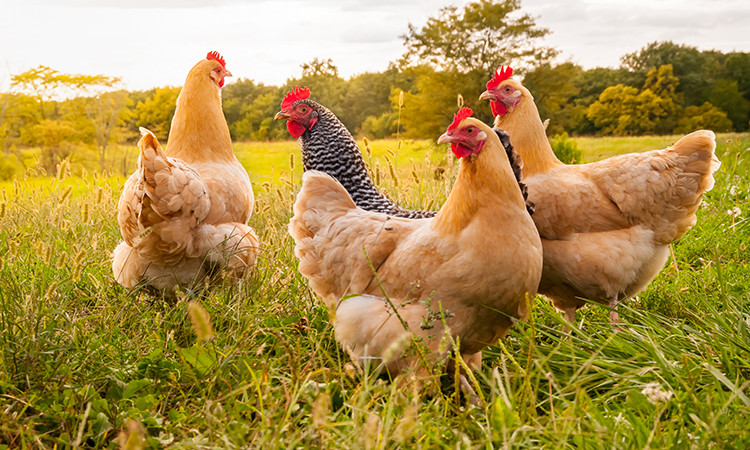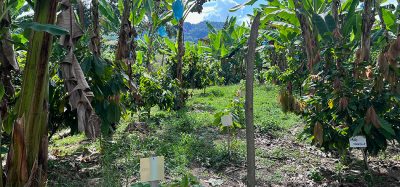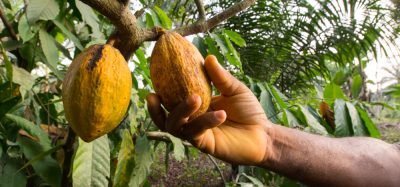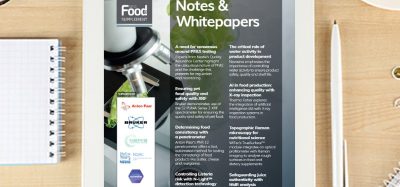Bird flu restrictions lifted across Great Britain but CVOs urge caution
- Like
- Digg
- Del
- Tumblr
- VKontakte
- Buffer
- Love This
- Odnoklassniki
- Meneame
- Blogger
- Amazon
- Yahoo Mail
- Gmail
- AOL
- Newsvine
- HackerNews
- Evernote
- MySpace
- Mail.ru
- Viadeo
- Line
- Comments
- Yummly
- SMS
- Viber
- Telegram
- Subscribe
- Skype
- Facebook Messenger
- Kakao
- LiveJournal
- Yammer
- Edgar
- Fintel
- Mix
- Instapaper
- Copy Link
Posted: 18 May 2021 | New Food Magazine | No comments yet
Measures brought in to curb the spread of avian flu last winter were lifted over the weekend, though the Chief Veterinary Officers of Great Britain are urging bird keepers to remain vigilant.


The Chief Veterinary Officers from England, Scotland and Wales are advising poultry keepers to remain vigilant after the Avian Influenza Prevention Zone (AIPZ) was lifted over the weekend.
These additional biosecurity measures, which were introduced across Great Britain in November, were used to protect flocks across the country from avian influenza (bird flu), which is circulating in wild birds.
The Department for Environment, Food, and Rural Affairs (Defra), the Scottish Government and the Welsh Government have been working closely with industry and bird keepers to ensure that there are strict biosecurity measures in and around poultry premises to help keep flocks safe.
The risk of bird flu in poultry with good biosecurity has now been reduced to ‘low’ for all poultry. As a result, the mandatory enhanced biosecurity requirements that were brought in as part of the AIPZ on 11 November and the additional biosecurity measures introduced on 31 March have been lifted.
“This will be welcome news for bird keepers across the country who have put great effort into keeping their flocks safe this winter,” a joint statement from Great Britain’s three Chief Veterinary Officers read.
“We have taken swift action to contain and eliminate this disease, and we urge all bird keepers – whether they have just a few birds or thousands – to continue to do their bit to maintain strict biosecurity measures on their premises, so that we do not lose the progress that we have made over the past few months. Low risk does not mean no risk.”
All poultry and bird gatherings, including pigeon gatherings organised for races from mainland Europe, will also be permitted, provided organisers notify the Animal and Plant Health Agency at least seven days before the event takes place and that they comply with the provisions of the new General Licence.
Public health advice is that the risk to human health from the H5N8 bird flu virus strain is low and from the H5N2, H5N5 and H5N1 virus strains is very low. Food standards bodies advise that avian influenza poses a very low food safety risk for UK consumers, and it does not affect the consumption of poultry products including eggs.
Poultry and captive bird keepers are advised to remain vigilant for any signs of disease in their birds and any wild birds, and seek prompt advice from their vet if they have any concerns. Further information on the current avian flu situation as well as advice on good practice for bird keepers is available here.
Related topics
Environment, Food Safety, Outbreaks & product recalls, Pathogens, Regulation & Legislation, Supply chain
Related organisations
Animal and Plant Health Agency, Department for Environment Food and Rural Affairs (Defra), Scottish Government, Welsh Government







